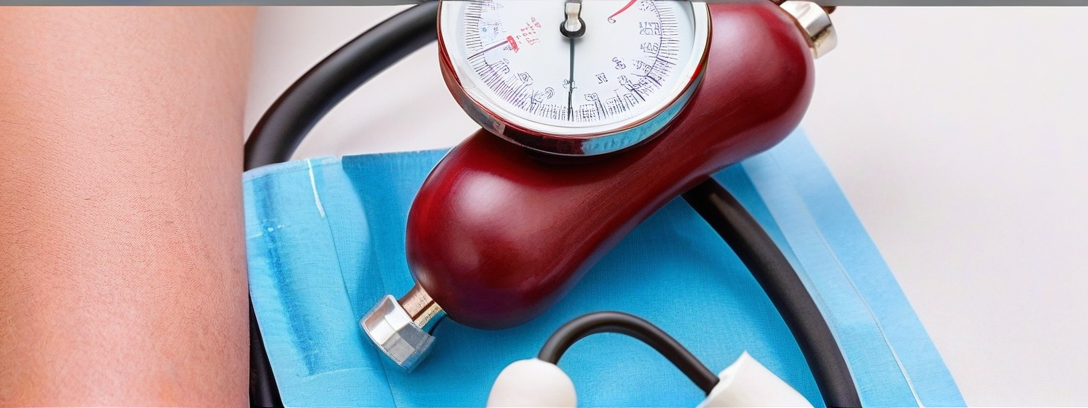Understanding High Blood Pressure Medications
Managing high blood pressure (hypertension) is crucial for maintaining cardiovascular health. One key aspect of this management involves the safe and effective use of medications prescribed by healthcare providers. In this article, we aim to provide valuable insights on how to safely manage high blood pressure medications.
Importance of Adherence
Adhering to your medication regimen is essential for controlling high blood pressure. Skipping or inconsistently taking prescribed medications can lead to potentially dangerous spikes in blood pressure, increasing the risk of heart disease and stroke.
Tips for Improving Medication Adherence
– **Set a routine**: Take your medication at the same time every day, preferably with meals or at other consistent intervals to help you remember.
– **Use reminders**: Set alarms on your phone, use pill boxes, or ask a family member for reminders.
– **Ask questions**: If you’re unsure about why a medication is being prescribed or how it should be taken, don’t hesitate to ask your healthcare provider for clarification.
Understanding Side Effects
High blood pressure medications can cause side effects. While most are mild and temporary, some may require medical attention. If you experience severe or persistent side effects, contact your healthcare provider immediately.
Common Side Effects and Management Strategies
– **Dizziness**: This can be managed by getting up slowly from a sitting or lying position, staying hydrated, and avoiding alcohol consumption.
– **Fatigue**: Try to maintain regular sleep patterns, stay active within your doctor’s recommended exercise limits, and eat a balanced diet.
– **Cough**: If a persistent cough is caused by an ACE inhibitor or ARB medication, discuss alternatives with your healthcare provider.
Monitoring Blood Pressure
Regular monitoring of blood pressure at home can help ensure that medications are effectively managing hypertension. Report any unusual readings to your healthcare provider.
How to Monitor Blood Pressure Correctly
– **Use a validated device**: Ensure your device is properly calibrated and validated for accuracy.
– **Follow instructions**: Properly position your arm, rest for the required time before taking a reading, and avoid caffeine or exercise for 30 minutes prior to monitoring.
Regular Check-ups
Regular check-ups with your healthcare provider are crucial for managing high blood pressure effectively. During these appointments, discuss any concerns about your medication regimen and have your blood pressure checked.
This article provides practical guidance on how to safely manage high blood pressure medications, emphasizing the importance of adherence, understanding side effects, monitoring blood pressure, and regular check-ups with healthcare providers. By following these tips, you can better control your hypertension and reduce the risk of complications.


